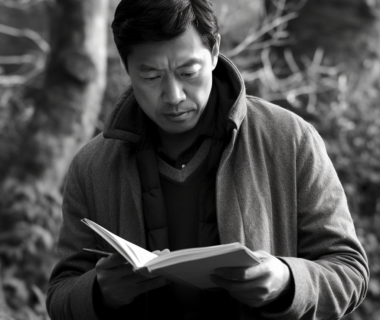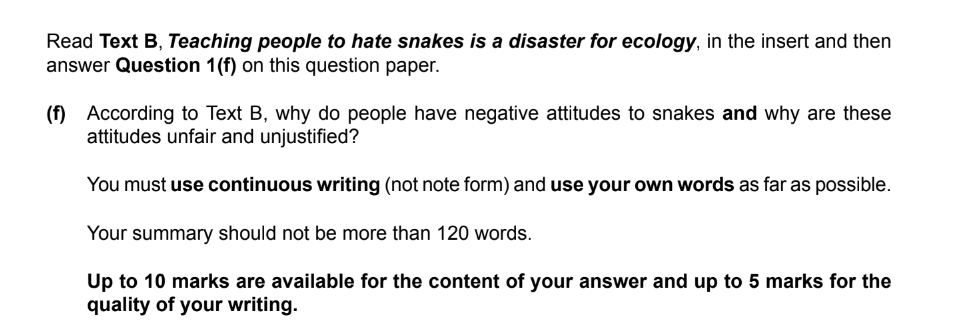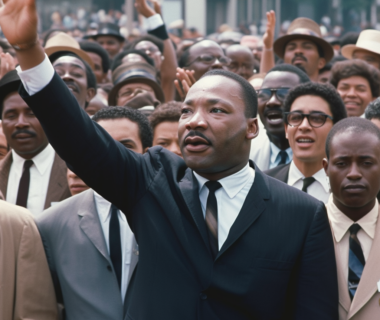Welcome to the best Narrative Composition Bank for the IGCSE First Language English exam on the internet.
Some of the essays were written by students who are working with me or have worked with me in the past, students who would like to contribute their essays for grading, and each essay is graded by a teacher and moderated as well 🙂
Generally, a site membership (free or premium) is required for you to view this Composition essay bank. Still, please feel free to view the samples below!
Note that although links are live, not all essays have been published and will only go live per the release schedule announced via the main site, once per week by Wednesday of each week.
2025
May/June
Variant 1
Variant 2
March
2024
October/November
Variant 1
Variant 2
May/June
Variant 1
Variant 2
2023
October/November
Variant 1
Variant 2
May/June
Variant 1
Variant 2
2022
October/November
Variant 1
Variant 2
May/June
Variant 2
2021 and beyond:
October/November
Variant 1
Variant 2
May/June
Variant 1
Variant 2
- Write a story with the title, ‘The invitation’.
- Write a story which includes the words, ‘… nothing seemed to go right …’.
Variant 3
- Write a narrative which includes the words, ‘… I thought I had the solution …’.
- Write a narrative which involves having to follow a map.
Samples
2020
Prompt: Write a story with the title, ‘An unexpected meeting’
Essay:
The sun was setting, casting a golden hue upon the quiet forest. Emily, a young photographer, was engrossed in capturing the fleeting moment on her camera. As she moved deeper into the woods, searching for that perfect angle, she stumbled upon an ancient oak tree, its bark weathered with time.
Suddenly, an unexpected gust of wind blew through the trees, sending a shiver down Emily’s spine. The forest seemed to whisper a secret, one that felt almost tangible. Following her instincts, she pressed her ear against the oak and listened carefully.
To her surprise, the oak revealed a hidden door. It creaked open, revealing a dimly lit chamber within. As Emily stepped inside, she felt a strange sense of nostalgia, as if she had been here before. The walls were adorned with portraits of faces she recognized – her ancestors.
In that moment, time seemed to bend around them, and Emily found herself transported to a sunlit meadow, her great-grandfather by her side. He shared stories of their family history, tales filled with love, loss, and adventure. Emily felt a profound connection with the man who had been lost to her, but who now felt closer than ever.
As the sun dipped below the horizon, William’s voice softened, and he shared one final tale – a warning about a family curse that had brought tragedy to each generation. He entrusted Emily with the task of breaking the curse, arming her with the knowledge she would need to face it.
As they said their goodbyes, Emily felt a surge of determination. She would honor her great-grandfather’s memory and protect her family. With newfound purpose, she stepped back through the hidden door, ready to confront her destiny.
Comment:
This essay demonstrates excellence in content and structure (W1 and W2) by presenting a complex, engaging, and effective narrative with a strong plot that includes elements of fiction writing such as description, character development, and a climax. The descriptions, such as “a golden hue upon the quiet forest” and “the oak revealed a hidden door,” create vivid imagery that invests readers in the story.
The style and accuracy (W3, W4, and W5) are also strong, with precise, well-chosen vocabulary like “weathered,” “tangible,” and “nostalgia.” Varied sentence structures are chosen for effect, and the register is consistent and suitable for the context. The grammar, spelling, and punctuation are almost always accurate.
One phrase that could be improved is “his eyes piercing the darkness with their intensity.” A possible revision might be “his eyes cutting through the darkness, radiating intensity.” This change strengthens the imagery and enhances the overall emotional impact.
The structure of the essay is effective, with a gradual buildup of suspense leading to the climax and resolution. To further improve, the writer could study the works of renowned authors like Neil Gaiman, whose ability to create immersive worlds and engaging characters could inspire the writer to add depth to their own storytelling.
Mark awarded for content and structure = 15/16
Mark awarded for style and accuracy = 23/24
Total mark = 38/40
Prompt: Write a story with the title, ‘An unexpected meeting’
Essay:
The drizzling rain created an ethereal mist that enveloped the city like a forgotten dream. As Sarah strolled through the dimly lit streets, her thoughts wandered to the recent events that had left her heart heavy with sorrow. The air was damp, and the scent of petrichor hung heavily in the air, reflecting her melancholic mood. The once familiar town seemed alien to her now, as if it were a distant memory she could no longer grasp.
She found herself standing in front of an old, decrepit bookstore, its sagging shelves barely supporting the weight of the dusty tomes that lined them. The welcoming aroma of old paper and ink beckoned her inside, and she obliged, seeking refuge from the relentless drizzle outside. A solitary light illuminated the store, casting shadows that danced in the dark corners like wayward spirits.
As she meandered through the narrow aisles, her fingers trailed along the worn spines of the books, each one whispering a story that yearned to be told. Suddenly, her hand stopped on a particular volume, its frayed leather binding standing out from the rest. A sense of déjà vu washed over her, and she felt inexplicably drawn to it.
She pulled it from the shelf, and as she did, an old photograph slipped out from between its pages. It was a picture of her and a man she had once loved, now faded and yellowed with age. The sight of it brought back memories that had long been buried beneath the sands of time, and her heart ached with longing.
Just then, she felt a presence behind her. She turned around and found herself face-to-face with the very man from the photograph, his eyes filled with warmth and recognition. The years had etched new lines on his face, but the essence of him remained unchanged.
Their eyes locked, and for a moment, time stood still. The weight of the past dissolved, leaving only the tender resonance of shared memories. In that unexpected meeting, amidst the hallowed sanctuary of the forgotten bookstore, they found solace in one another’s presence, the tides of fate having brought them together once more.
Comment:
The essay effectively utilizes vivid descriptions and a well-defined plot (W1) to create a story that is emotionally impactful. The narrative builds up to an effective climax (W2) with the unexpected meeting between Sarah and the man from her past. The language employed is complex and engaging, with phrases such as “ethereal mist” and “yearned to be told” capturing the reader’s attention and contributing to the emotional impact (W3).
The essay demonstrates a consistent register suitable for the context (W4) and maintains accurate spelling, punctuation, and grammar throughout (W5). One area for improvement is the transition between the introduction and the setting of the bookstore, which could be made smoother to enhance the story’s structure.
The writer might consider studying the works of Haruki Murakami, who expertly employs vivid imagery and emotional depth in his narratives, providing valuable inspiration for refining the writer’s own storytelling abilities.
Mark awarded for content and structure = 16/16
Mark awarded for style and accuracy = 24/24
Total marks awarded = 40/40




